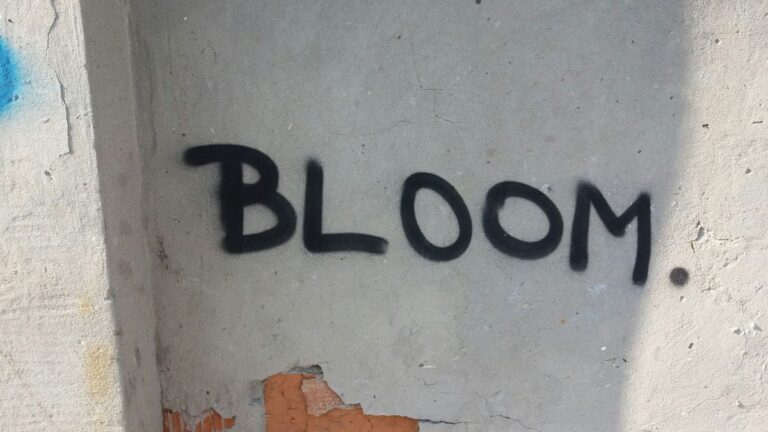How would you define curiosity? Is it a feeling, a skill you can develop over time or some wild desire sabotaging you from within?
In his article: “Curiosity makes freedom, not jobs or education” Łukasz Tanaś (Poland) explains what curiosity is not:
- Curiosity is not predictably satisfied like hunger, affiliation or sex drive are.
- It is not measurable as it relies on each individual’s perception of a ‘gap in knowledge’.
- It can’t be bottled because it is non-cyclic, we don’t know how or when our curiosity will emerge.
- It is not role-dependent or task-based but motivated only by its pursuit —the resolution of its gap. So it will never be triggered by obligations or rewards.
- Its consequences are not immediately observed, therefore it is unclear what we, humans, along with other animals, gain from curiosity’s whereabouts.
But schools and managers insist curiosity must have a function to make sense. They usually expect a return they can measure, optimize and upgrade: enforce motivation or enhance learning and productivity, for example. In short, they expect curiosity to become what it is not.
Are you letting your curiosity out? As a former high school teacher, that’s the most effective way to encourage others to explore their curiosity: be open for genuine human connection and willing to honor the trust of the younger ones. In short, be teachable. Schools don’t like it but students always get it.
Photo by Marija Zaric on Unsplash
